Digital Camera vs Phone Camera? Choosing the Best Option for You, discovering now in this article.
- Understanding the Basics: Digital Camera vs Phone Camera
- Comparing Image Quality: Digital Camera vs Phone Camera
- Usability and Convenience: Digital Camera vs Phone Camera
- Cost Considerations: Digital Camera vs Phone Camera
- Personal Experience with Digital and Phone Cameras
- Tips for Choosing the Best Option for You
- Conclusion
Understanding the Basics: Digital Camera vs Phone Camera
Digital Cameras
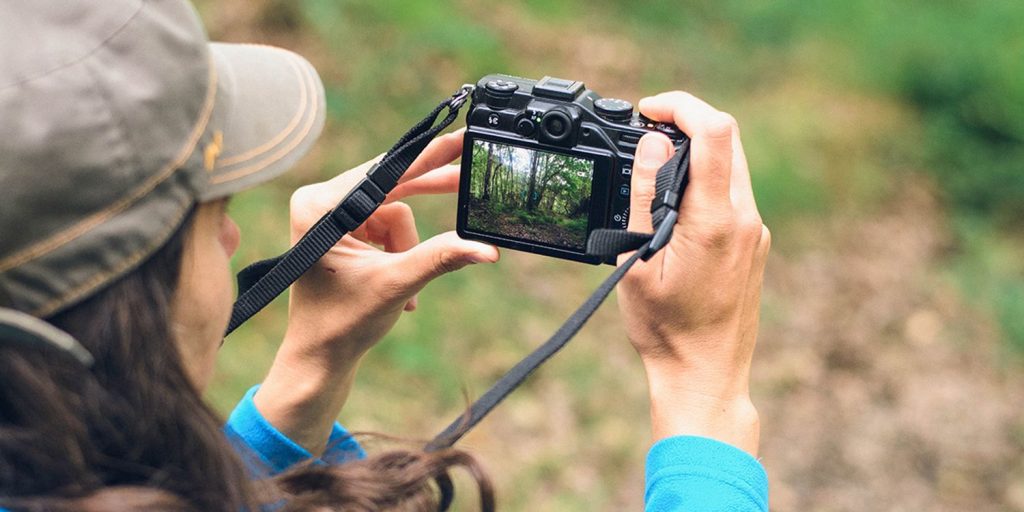
Digital cameras have long been the go-to devices for photography enthusiasts and professionals. They offer a range of features, from manual controls to interchangeable lenses, that provide flexibility and superior image quality.
Key Features:
- Larger Sensors: Capture more light and detail.
- Interchangeable Lenses: Adapt to different shooting conditions.
- Manual Controls: Fine-tune settings like ISO, shutter speed, and aperture.
- Higher Resolution: Produce detailed and high-quality images.
- Longer Battery Life: Designed for extended use.
Pros:
- Superior image quality.
- Greater control over photography settings.
- Versatility with different lenses.
Cons:
- Bulky and less portable.
- Requires more knowledge to use effectively.
- Higher cost for advanced models.
Phone Cameras
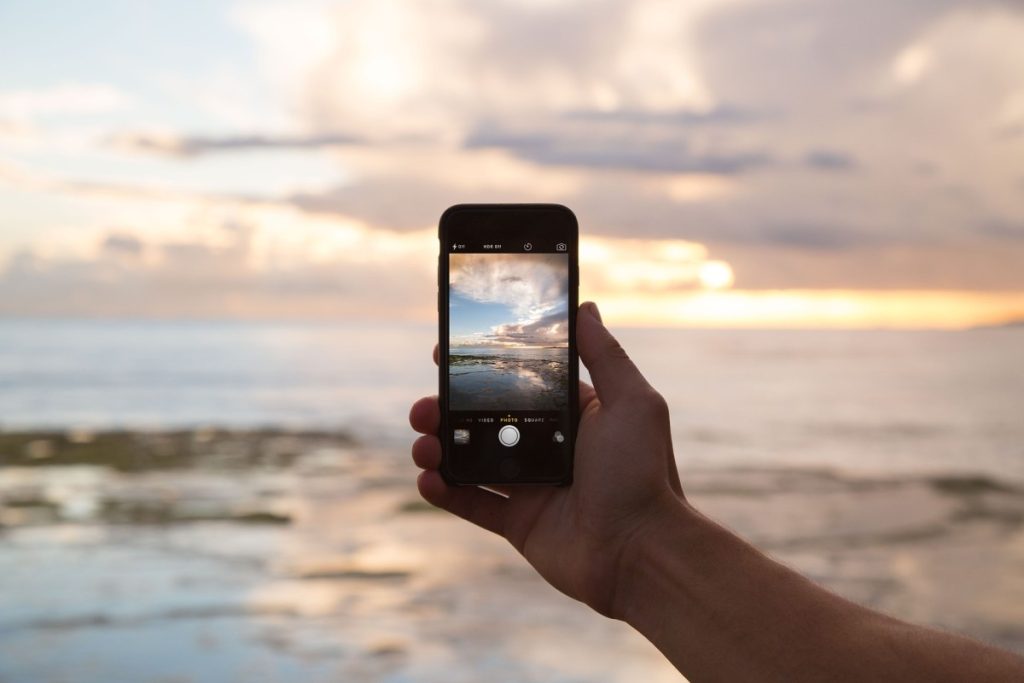
Phone cameras have evolved significantly, offering impressive features and image quality. They are convenient, always with you, and increasingly capable of competing with digital cameras in certain scenarios.
Key Features:
- Compact and Portable: Always available in your pocket.
- AI and Software Enhancements: Improve image quality automatically.
- Convenience: Easy to use and share photos instantly.
- Integration with Apps: Access to editing tools and social media.
- Increasing Megapixel Counts: Better resolution and detail.
Pros:
- Highly portable and convenient.
- Easy to use with minimal setup.
- Integrated with a wide range of apps for editing and sharing.
Cons:
- Smaller sensors limit low-light performance.
- Limited control over settings.
- Fixed lenses restrict versatility.
See more: Best Camera Phones 2024
Comparing Image Quality: Digital Camera vs Phone Camera
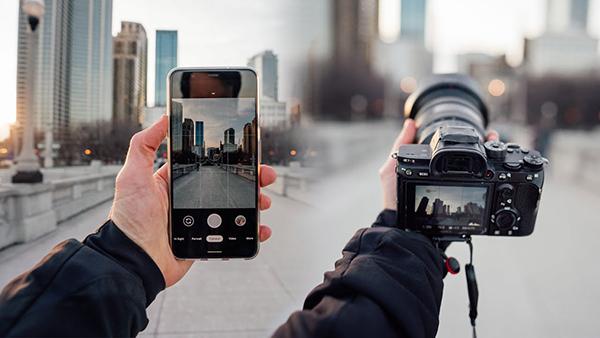
- Sensor Size
Digital cameras typically have larger sensors compared to phone cameras, resulting in better light capture and image quality, especially in low-light conditions. Larger sensors also contribute to a shallow depth of field, creating a pleasing bokeh effect.
- Lens Quality
Digital cameras offer interchangeable lenses, allowing photographers to choose the best lens for each situation. This flexibility can significantly enhance image quality and creativity. In contrast, phone cameras have fixed lenses, although some high-end models include multiple lenses for different perspectives.
- Image Processing
Phone cameras leverage advanced AI and software algorithms to enhance images automatically. This can result in impressive photos without the need for manual adjustments. Digital cameras, on the other hand, offer raw image capture, giving photographers full control over post-processing.
Usability and Convenience: Digital Camera vs Phone Camera
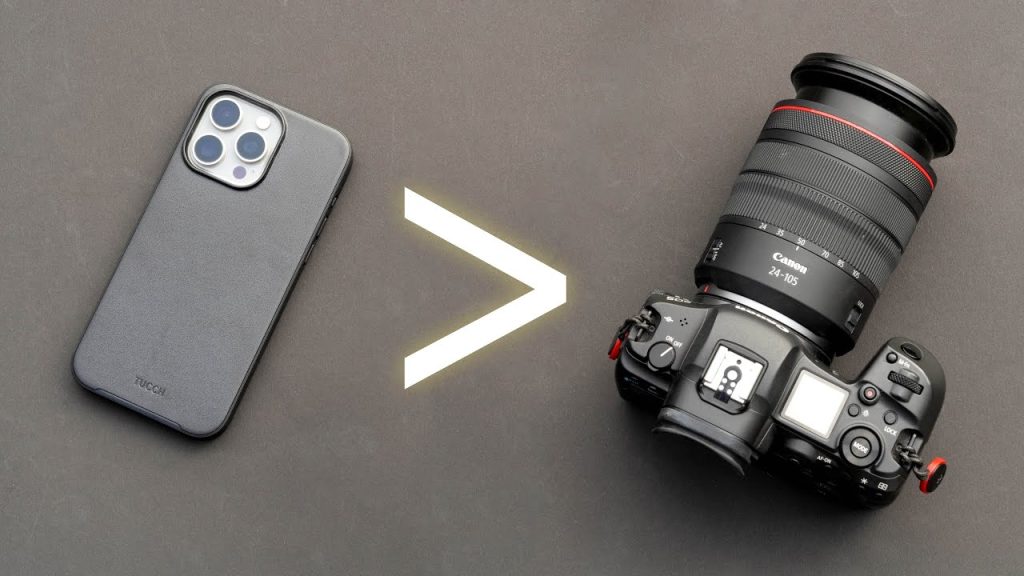
- Portability
Phone cameras win in terms of portability. They are always with you, making it easy to capture spontaneous moments. Digital cameras, especially DSLRs and mirrorless models, are bulkier and require carrying additional gear.
- Ease of Use
Phone cameras are designed for simplicity. They offer intuitive interfaces and automated settings, making them accessible to everyone. Digital cameras, while offering more control, can be complex for beginners and require more time to learn.
- Battery Life
Digital cameras generally have longer battery life, designed for extended shooting sessions. Phone cameras, while convenient, can drain your phone’s battery quickly, especially when using power-intensive features like video recording.
Cost Considerations: Digital Camera vs Phone Camera
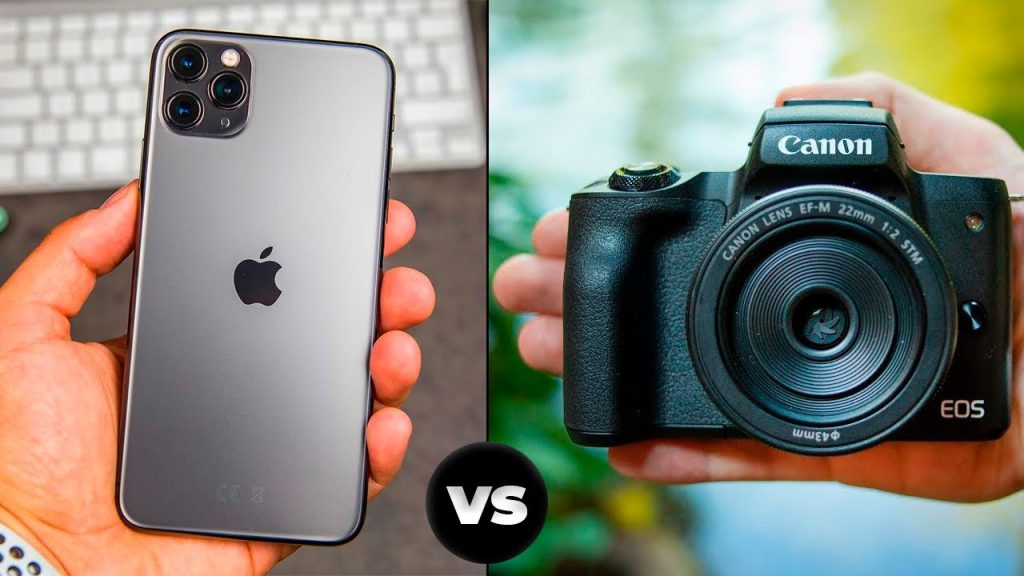
- Initial Investment
Digital cameras, particularly high-end models, can be expensive. This includes the cost of the camera body, lenses, and other accessories. Phone cameras are part of a device you already own, making them a cost-effective option for casual photography.
- Ongoing Costs
Maintaining a digital camera can involve additional costs, such as purchasing new lenses, memory cards, and carrying cases. Phone cameras have minimal ongoing costs, primarily related to apps or cloud storage services.
Personal Experience with Digital and Phone Cameras
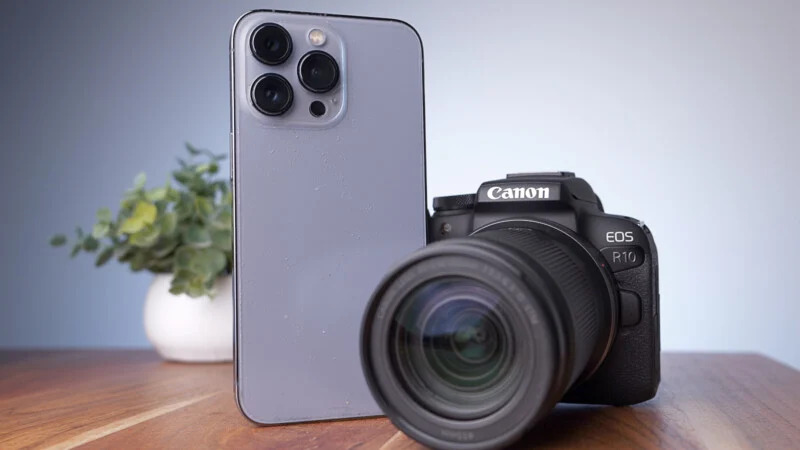
In my experience, the choice between a digital camera and a phone camera largely depends on your needs and preferences. For professional and enthusiast photographers, a digital camera offers unparalleled control and image quality. The ability to switch lenses and adjust settings manually provides a level of creative freedom that phone cameras can’t match.
However, for everyday photography and social media sharing, phone cameras are incredibly convenient. The advancements in AI and software processing have made it possible to capture stunning images with minimal effort. If you value portability and ease of use, a phone camera is an excellent choice.
For those who want the best of both worlds, consider a high-end phone with a versatile camera system, such as the iPhone 15 Pro Max or Google Pixel 8 Pro. These devices offer impressive camera capabilities that can rival some entry-level digital cameras.
Tips for Choosing the Best Option for You
- Assess Your Photography Goals: Determine if you need professional-grade images or if casual, high-quality photos suffice.
- Consider Portability: Decide how important it is for your camera to be portable and always with you.
- Evaluate Your Budget: Consider both the initial cost and ongoing expenses.
- Think About Usability: Choose a device that matches your level of expertise and willingness to learn.
- Look at Future Needs: Consider whether you might want to expand your photography skills and gear in the future.
Conclusion
The decision between a digital camera and a phone camera depends on your specific needs and preferences. Digital cameras offer superior image quality and control, making them ideal for serious photographers. Phone cameras provide convenience and ease of use, perfect for everyday photography and social media. Explore more on Mobiradar Wiki to find the right camera for your needs and start capturing stunning photos today!
Ready to choose your perfect camera? Visit Mobiradar Wiki for in-depth reviews and comparisons of digital cameras and phone cameras.


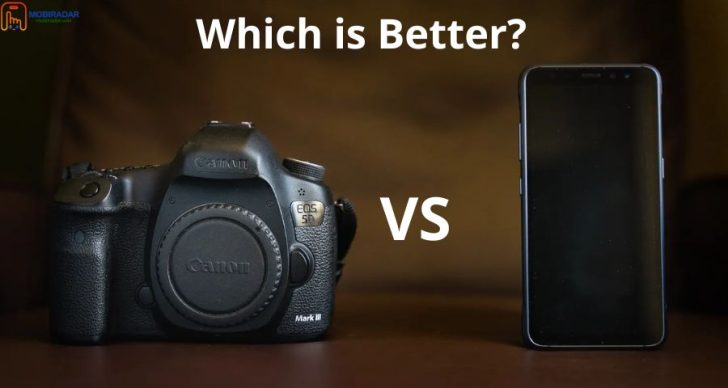

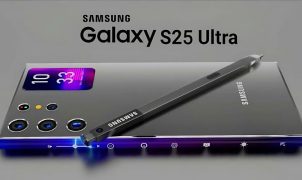
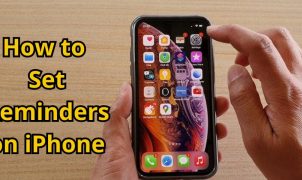





Leave a Reply